Health
Sudden IBS Pain in Public? Here’s How to Discreetly Protect Yourself from Further Discomfort
IBS pain can strike without warning — even in public places. Learn subtle, effective self-defense techniques to manage sudden flare-ups without drawing attention.

IBS can strike anytime, anywhere. And the pain is not just physical — it’s also emotional. The fear of embarrassment, anxiety about symptoms flaring in public, and the challenge of managing it discreetly can be overwhelming.
So what can you do in the moment to protect yourself both physically and emotionally — without making a scene? Here are practical and respectful self-defense strategies to help you cope with sudden IBS pain in public spaces.
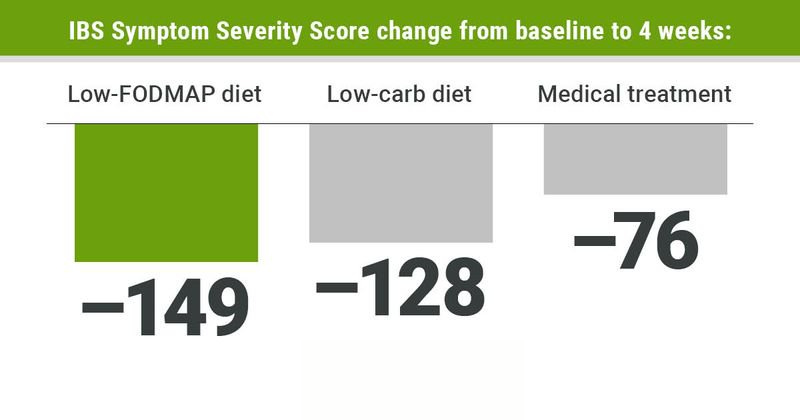
Why Does IBS Pain Happen So Suddenly?
IBS is a functional gastrointestinal disorder that affects the nerves and muscles of the digestive tract. Common symptoms include:
- Sudden abdominal pain or cramping
- Urgent bowel movements (diarrhea or constipation)
- Bloating, gas, or mucus in stool
Flare-ups may be triggered by:
- Stress or anxiety
- Certain foods or drinks
- Hormonal changes
- Disruption of gut bacteria
- Infections or inflammation
These attacks often come with no warning, making it difficult to prepare — especially when you’re outside your comfort zone.
5 Subtle Ways to Protect Yourself During a Sudden IBS Attack in Public
1. Excuse Yourself with Confidence (Not Guilt)
If you’re in a meeting or social gathering, don’t panic. Quietly excuse yourself with a calm, neutral phrase like:
“I’ll be right back, just need a quick break.”
Most people won’t ask questions — and if they do, you don’t owe them an explanation. Owning your exit reduces the anxiety that can make symptoms worse.
2. Use a Small Kit or Bag for IBS Emergencies
Prepare a compact IBS emergency kit with:
- A few antispasmodic or pain-relief meds
- Anti-diarrheal or digestive enzyme tablets
- Tissues or wet wipes
- A change of underwear or liners
- A calming essential oil roller (like peppermint or lavender)
Discreet and travel-friendly, this kit can be your secret weapon.
3. Practice Grounding Techniques
Sudden pain and fear of embarrassment can trigger a panic response. Use subtle grounding tools to stay calm:
- Deep breathing (inhale for 4, hold for 4, exhale for 6)
- Hold a cold water bottle or keychain for sensory focus
- Silently repeat a calming phrase: “I’m okay. This will pass.”
These help your nervous system stay balanced, even in public.
4. Plan Strategic Seating or Standing Spots
Whether at a restaurant or a public event, choose seating near restrooms when possible. Stand near exits during social events. This reduces the stress of “what if” and allows you to act fast without drawing attention.
Apps like Flush Toilet Finder or SitOrSquat can help you find the nearest restroom if you’re in an unfamiliar area.
5. Use Discreet Clothing to Reduce Discomfort
Clothing matters. Choose comfortable, breathable outfits that won’t put pressure on your belly — especially during flare-ups.
If bloating is a common issue, opt for high-waisted leggings, soft fabric pants, or flowy tops that can help you feel less self-conscious when your stomach distends.
Emotional Pain Deserves Protection Too
The pain of IBS isn’t just in your gut — it’s often in your confidence and peace of mind. Shame, isolation, and fear of judgment can lead many IBS patients to avoid social activities altogether.
But you deserve to live fully.
If you’re struggling, here are subtle ways to emotionally protect yourself:
- Talk to a trusted friend who won’t judge you. One understanding person can make a huge difference.
- Write down your feelings during or after a flare-up to release anxiety and gain perspective.
- Work with an IBS specialist or therapist who understands the mental health connection to gut health.
You’re Not Alone — And There Are Better Days Ahead
Millions of Americans silently live with IBS. If you’re one of them, know this: you are not weak, and you are not invisible. You are doing your best, and that’s incredibly strong.
With the right support, testing, and treatment — IBS doesn’t have to control your life.
Support Your Gut Health with GutShield – Liquid Spore Probiotic
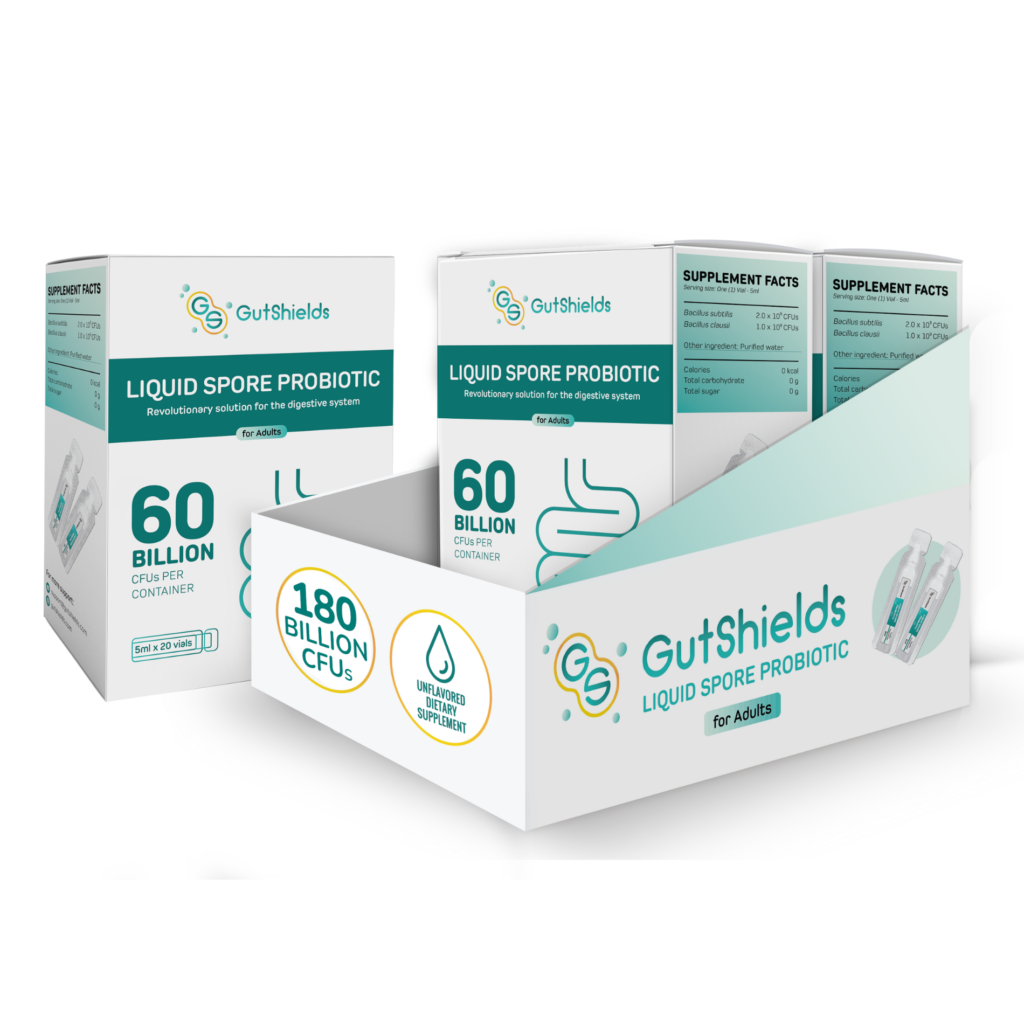
For long-term relief, healing the gut microbiome is key. That’s why GutShield’s Liquid Spore Probiotic is designed to survive the stomach, reach the intestines, and rebuild your gut from within.
Unlike traditional probiotics, GutShield’s spore-based strains remain stable and active until they reach the gut, making them more effective in reducing bloating, inflammation, and digestive flare-ups — even in high-stress environments.
Whether you’re managing IBS-D, IBS-C, or mixed symptoms, GutShield offers a new solution trusted by gut health experts.
👉 Learn more or order today — and feel empowered to face public life with less fear and more freedom.
Health
Hydration Hacks for IBS: The Right Way to Drink Water
Drinking water the wrong way can worsen IBS symptoms. Discover how to hydrate smarter—small sips, steady timing, and natural add-ins—to support digestion and gut balance.
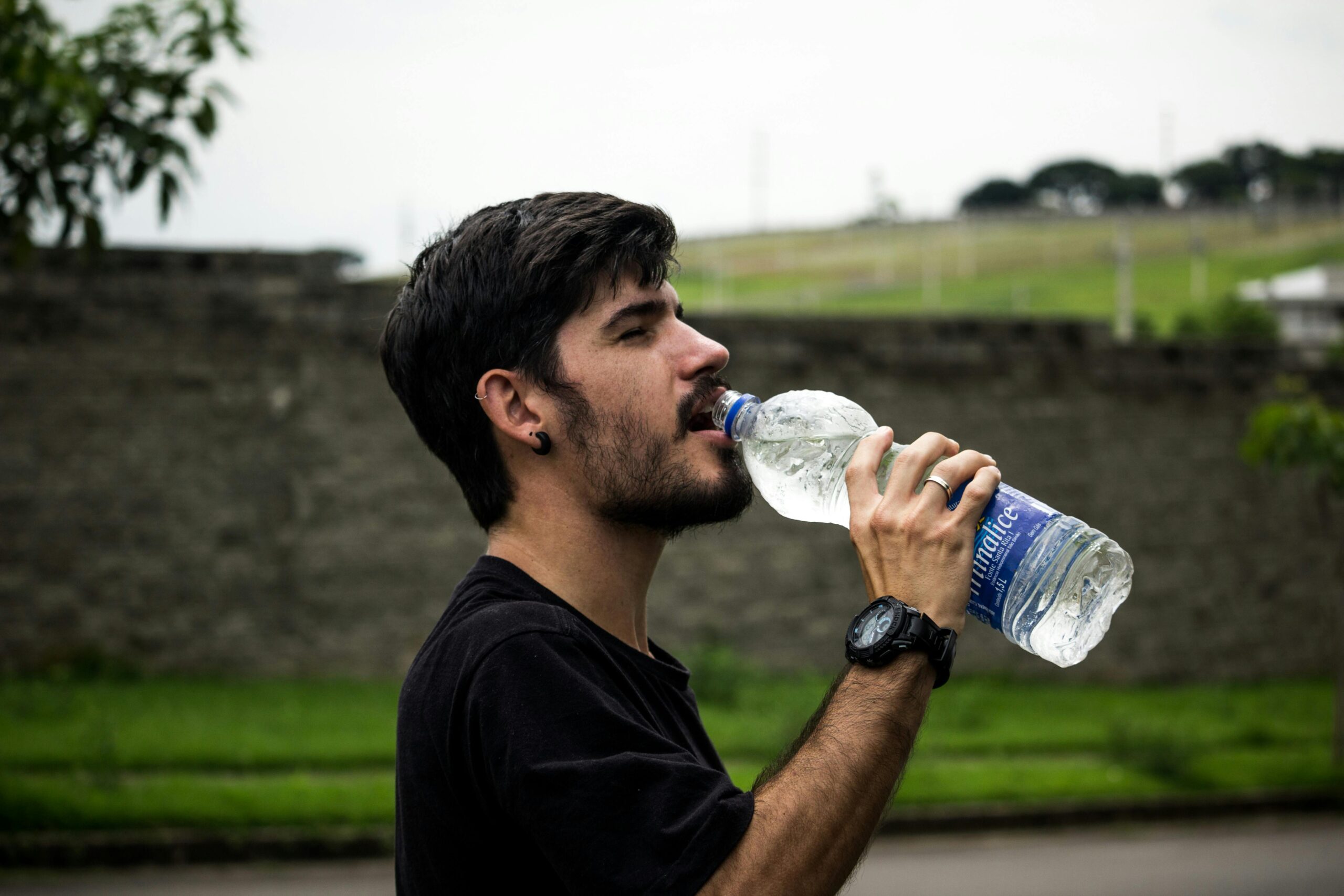
“It’s not just about drinking more water—it’s about drinking the right way.”
If you have Irritable Bowel Syndrome (IBS), you’ve probably been told to drink plenty of water. But here’s the catch: how you drink matters just as much as how much you drink.
For many people with IBS, chugging large amounts of water in one go can actually trigger strong intestinal contractions, leading to urgency, bloating, or discomfort.

The Science of Hydration and Digestion
- Rapid intake of water can overstimulate the digestive tract and speed up motility.
- Even, steady hydration supports smoother digestion and nutrient absorption.
- Proper hydration also helps regulate stool consistency, easing both IBS-C (constipation) and IBS-D (diarrhea).
In short: your gut doesn’t just want more water—it wants consistent hydration.
Practical Hydration Habits for IBS
Here are science-backed ways to drink water that keep your digestion steady:
✅ Sip, don’t chug
Aim for 150–200 ml (about half a cup) every 2 hours instead of gulping down large amounts at once.
✅ Infuse with digestion-friendly add-ins
A slice of lemon, cucumber, or fresh mint can make hydration enjoyable and may help soothe bloating.
✅ Match timing with meals
Drink water between meals rather than during them to reduce the risk of overwhelming your stomach acid and slowing digestion.
✅ Choose temperature wisely
Many people with IBS find that room-temperature or warm water is gentler on the gut than ice-cold water.
The Bigger Picture
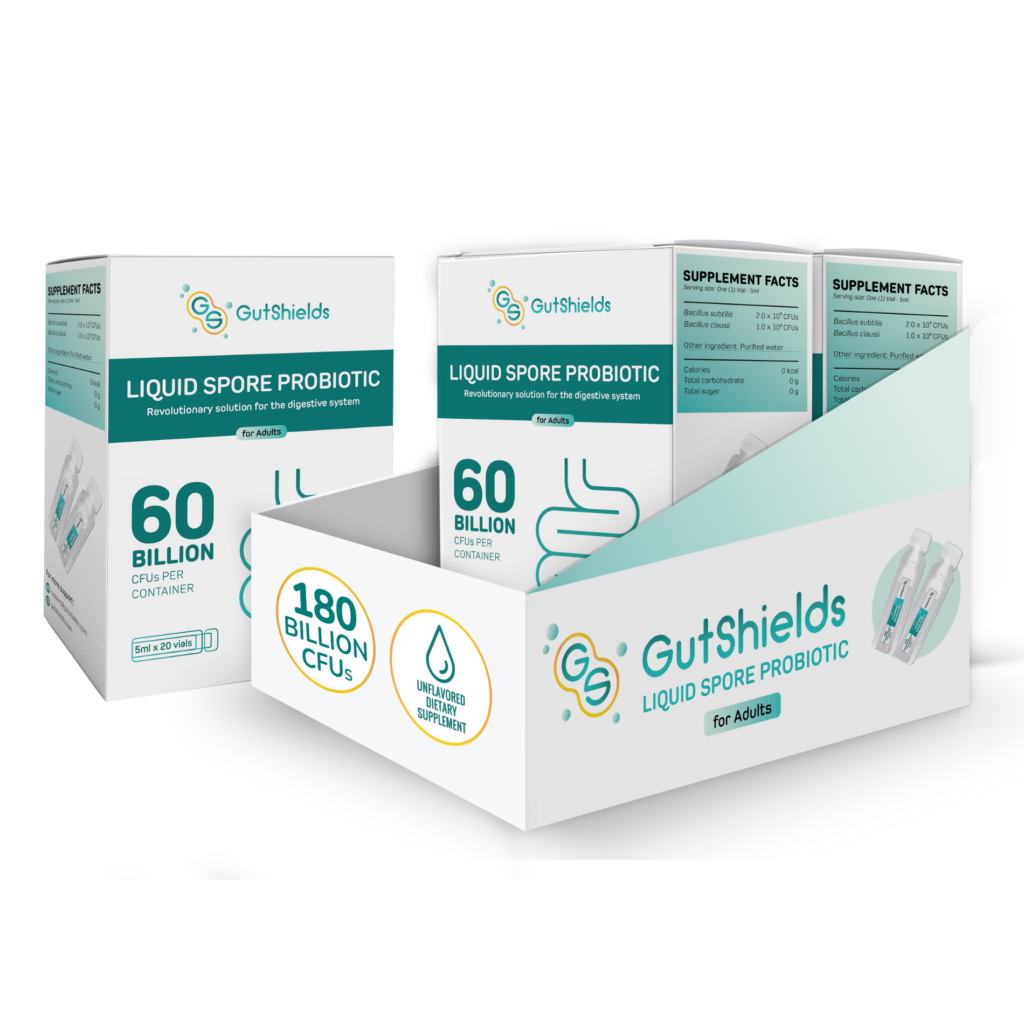
Hydration is one piece of the IBS puzzle. Pairing good hydration habits with microbiome support—such as spore-based probiotics like GutShields—creates a powerful daily foundation for calmer digestion.
Bottom Line
When it comes to IBS, hydration isn’t just about volume—it’s about rhythm. Steady, mindful sipping can keep your gut balanced and your symptoms calmer.
✨ Stay hydrated, stay balanced—let GutShields help protect your gut microbiome.
Health
Why Sleep Quality Can Make or Break Your IBS Recovery
Poor sleep doesn’t just cause fatigue—it can worsen IBS by raising cortisol, triggering inflammation, and disrupting gut bacteria. Learn how to improve sleep to support your digestion and long-term gut health.

“Poor sleep isn’t just making you tired—it might be keeping your gut inflamed.”
Living with Irritable Bowel Syndrome (IBS) means constantly balancing stress, diet, and lifestyle to avoid flare-ups. But one factor often overlooked is sleep quality. Many people with IBS report that their symptoms are worse after nights of poor sleep. Science now shows this isn’t just coincidence—sleep has a direct influence on the gut-brain axis, the microbiome, and inflammation levels.
If you’ve tried dietary changes, supplements, and even medication without lasting relief, improving your sleep could be the missing piece of your IBS recovery.

The Science: How Sleep and IBS Are Connected
- Cortisol and inflammation
- Poor or fragmented sleep raises cortisol, your body’s main stress hormone.
- Elevated cortisol has been linked to increased gut permeability (“leaky gut”), more inflammation, and heightened pain sensitivity—all of which make IBS symptoms worse.
- Gut microbiome disruption
- Studies show that even short-term sleep deprivation reduces microbial diversity.
- A disrupted microbiome may lead to more gas, bloating, constipation, or diarrhea in IBS patients.
- Gut-brain axis imbalance
- Your digestive tract has its own nervous system (the enteric nervous system).
- Poor sleep dysregulates this system, which can throw off motility—causing irregular bowel habits, urgency, or spasms.
In short, sleep doesn’t just recharge your brain—it recharges your gut.
Practical Steps for IBS-Friendly Sleep

Here’s how you can start improving sleep quality—and by extension, your digestion:
✅ Set a consistent bedtime and wake time
Your circadian rhythm influences gut motility. Going to bed and waking up at the same time each day helps regulate bowel function.
✅ Limit screens at night
Blue light from phones and laptops suppresses melatonin, making it harder to fall asleep. Try switching to a book or listening to calming music.
✅ Create a wind-down ritual
Deep breathing, light stretching, or journaling can signal your nervous system to shift into “rest and digest” mode—essential for people with IBS.
✅ Support with natural aids
Chamomile tea, magnesium glycinate, or lavender aromatherapy have been shown to improve relaxation and sleep quality.
✅ Feed your microbiome wisely
Avoid late-night heavy meals, alcohol, or excess caffeine. Pair your routine with spore-based probiotics like GutShields to support a resilient microbiome overnight.

The Bigger Picture: Sleep as IBS Medicine
When you consistently improve your sleep, you’re not just preventing fatigue—you’re:
- Calming inflammation
- Helping good bacteria thrive
- Regulating gut-brain communication
- Supporting more regular, pain-free bowel movements
That’s why sleep isn’t just a lifestyle tip—it’s a therapeutic tool for IBS recovery.
Bottom Line
If you’ve been treating IBS only through diet or medication but ignoring your sleep, you may be missing a key part of the solution. By protecting your nights, you protect your gut.
✨ Give your gut the rest it deserves—combine better sleep with GutShields for faster, lasting relief.
Health
The IBS-Friendly Morning Routine That Can Calm Your Gut All Day
Your morning choices can set the tone for your gut health all day. Discover a simple, IBS-friendly routine that supports the gut-brain axis, reduces inflammation, and promotes comfortable digestion.
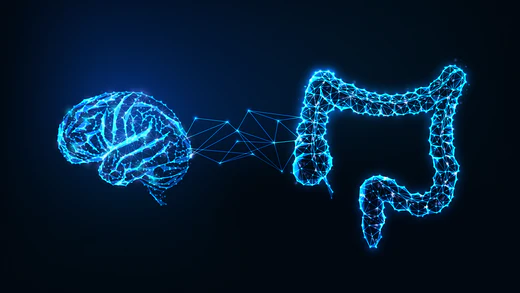
What if the way you start your morning could determine whether you spend the rest of your day in comfort—or in pain?

For people with Irritable Bowel Syndrome (IBS), mornings can feel like a gamble. One wrong choice—whether it’s a cup of strong coffee on an empty stomach or skipping breakfast entirely—can trigger bloating, cramps, or urgent bathroom trips that last all day.
Emerging research shows that morning routines influence the gut-brain axis, the two-way communication system between your digestive tract and nervous system. This axis controls motility (how food moves through your intestines) and regulates inflammation—both of which are key players in IBS.
A calm, balanced start can keep your gut in “rest and digest” mode rather than fight-or-flight, reducing the likelihood of flare-ups.
Your IBS-Friendly Morning Blueprint

1️⃣ Drink Warm Water Before Anything Else
Hydration supports smooth bowel movements and helps “wake up” the digestive tract without the jolt of caffeine. Warm water can be especially soothing for intestinal muscles.
2️⃣ Practice 5 Minutes of Deep Breathing
Deep, diaphragmatic breathing activates the parasympathetic nervous system, which encourages healthy digestion and reduces gut hypersensitivity. Try inhaling for 4 counts, holding for 4, and exhaling for 6.
3️⃣ Have a Gentle, Protein-Rich Breakfast with Soluble Fiber
Instead of skipping breakfast or eating ultra-processed carbs, choose:
- Soft scrambled eggs with a side of cooked oats
- Smoothie with lactose-free yogurt, chia seeds, and banana
Soluble fiber from oats or chia seeds helps regulate bowel movements, while light protein stabilizes blood sugar and supports muscle repair.
4️⃣ Avoid Caffeine First Thing
Coffee immediately after waking can overstimulate the gut and worsen diarrhea in IBS-D, or cause cramping in IBS-M. If you enjoy coffee, try having it after your breakfast to lessen the impact.
Why This Works for IBS
- Hydration + soluble fiber = easier, more regular bowel movements
- Deep breathing = calmer gut-brain signaling
- Balanced breakfast = steady energy without blood sugar spikes
- Delayed caffeine = reduced gut motility shocks and inflammation risk
Over time, these habits can train your body to start the day in digestive balance—meaning fewer flare-ups and more freedom to enjoy your day.

Start tomorrow with these small changes—and discover how calm your gut can be. Pair it with GutShields to support your microbiome from the inside out.
-
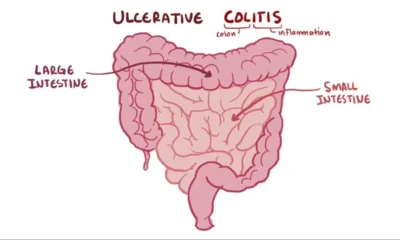
 Health8 năm ago
Health8 năm agoAll About Microscopic Colitis: Causes, Diagnosis, and Treatment
-

 Entertainment8 năm ago
Entertainment8 năm agoI Tried Medication, Diets, and Meditation — And Finally Found Peace in Acceptance
-

 Health8 năm ago
Health8 năm agoWhat Is a Gastroenterologist? When to See One, and the Problems They Can’t Help With
-

 Health8 năm ago
Health8 năm agoTop 7 Questions to Ask Your Gastroenterologist!
-

 Health8 năm ago
Health8 năm agoWhat Causes Mucus in Your Stool—and Why You Shouldn’t Ignore It
-

 Health8 năm ago
Health8 năm agoA New Cause and Treatment for Lymphedema
-
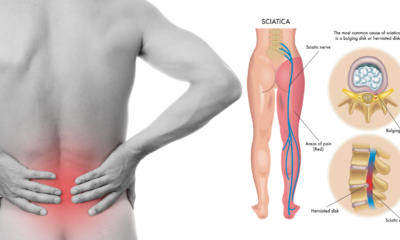
 Health8 năm ago
Health8 năm agoIBS and Sciatica Pain – Is There a Connection?
-

 Tech8 năm ago
Tech8 năm agoHealing IBS Isn’t About Forcing Your Gut—It’s About Resetting Its Natural Rhythm







